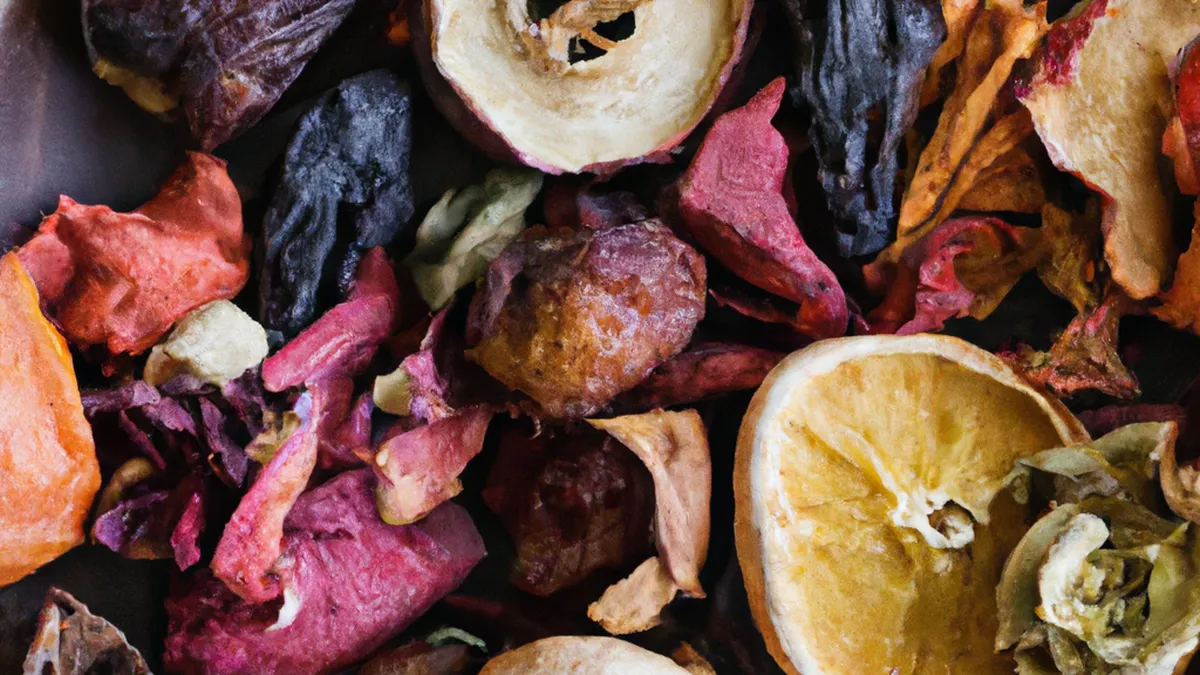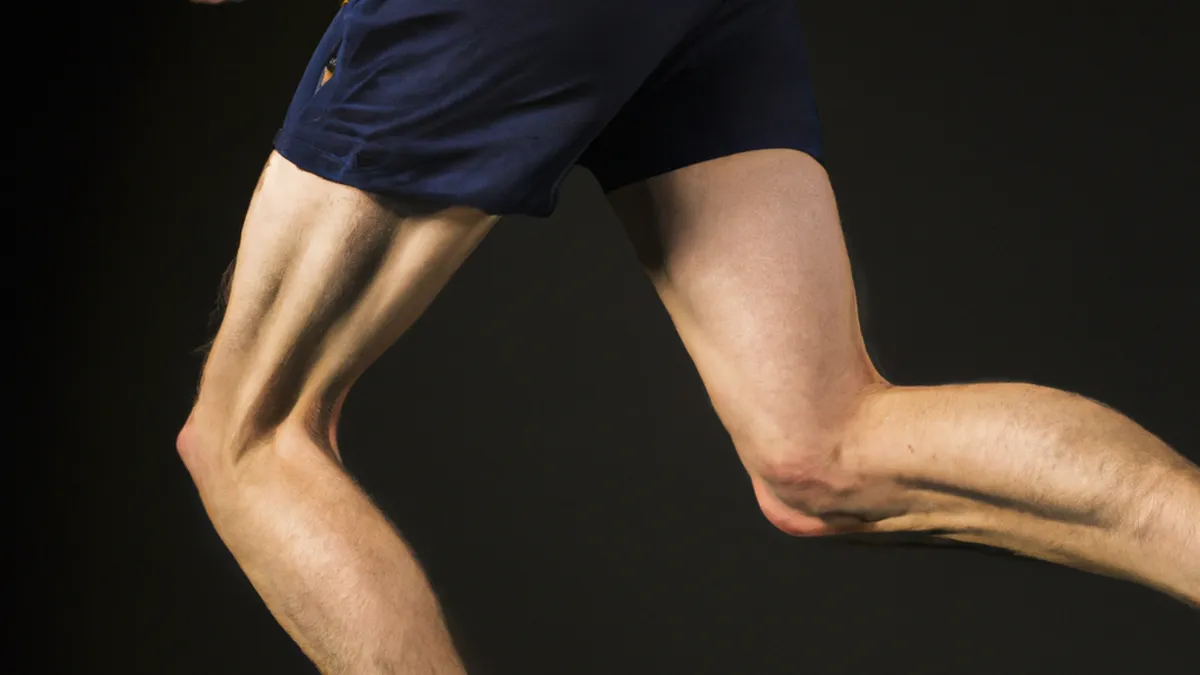Antioxidants: Key Players in Post-Workout Recovery
Exploring the Role of Antioxidants in Reducing Exercise-Induced Inflammation
As an Amazon Associate I earn from qualifying purchases.
Gear tip: consider standing desk balance board, desk cycle and insulated water bottle to support this workout.
Exercise maintains a healthy lifestyle. Intense workouts can cause inflammation. This natural response can hinder performance and recovery if excessive. Antioxidants manage this response effectively. Let’s explore their functions, benefits, and how to include them in your routine.
Understanding Exercise-Induced Inflammation
Engaging in high-intensity or prolonged physical activity triggers various physiological changes. One significant response is inflammation. Exercise causes microscopic damage in muscle tissues, initiating an inflammatory response. This response aids repair and adaptation, but excessive inflammation leads to discomfort, pain, and fatigue.
Different types of exercise can cause inflammation, including high-intensity interval training and endurance activities. While inflammation signifies adaptation, chronic inflammation can impede performance and recovery. It may lead to delayed onset muscle soreness (DOMS) and overtraining syndrome.
The Role of Antioxidants
Antioxidants neutralize free radicals, unstable molecules that damage cells and tissues. Intense exercise increases free radical production, leading to oxidative stress. This oxidative state contributes to inflammation and delays recovery.
Antioxidants combat oxidative stress by stabilizing free radicals. Common antioxidants include vitamins C and E, beta-carotene, and polyphenols. These compounds support cellular health and recovery processes.
Types of Antioxidants
1. **Vitamins**: Vitamin C, a water-soluble antioxidant, regenerates other antioxidants. Vitamin E, a fat-soluble antioxidant, protects cell membranes from oxidative damage.
2. **Minerals**: Selenium and zinc enhance antioxidant defense. Selenium supports the enzyme glutathione peroxidase, neutralizing free radicals. Zinc regulates inflammation and boosts immune function.
3. **Phytochemicals**: These bioactive compounds in plants include flavonoids and carotenoids. Flavonoids, found in fruits, vegetables, and teas, reduce inflammation and enhance recovery.
How Antioxidants Reduce Inflammation
Antioxidants reduce exercise-induced inflammation through several mechanisms:
1. **Decreasing Oxidative Stress**: Antioxidants neutralize free radicals, maintaining a balance between oxidative stress and antioxidant defense. This balance prevents cellular damage.
2. **Modulating the Inflammatory Response**: Antioxidants influence cytokine production, which are signaling molecules that regulate inflammation.
Conclusion
Antioxidants effectively reduce exercise-induced inflammation and support recovery. Incorporating antioxidants into your diet can enhance your overall performance and well-being.
Below are related products based on this post:
FAQ
What is exercise-induced inflammation and how does it affect performance?
Exercise-induced inflammation occurs as a natural response to high-intensity or prolonged physical activity, leading to microscopic damage in muscle tissues. While this inflammation aids repair and adaptation, excessive inflammation can cause discomfort, pain, and fatigue, ultimately hindering performance and recovery.
How do antioxidants help in managing exercise-induced inflammation?
Antioxidants help manage exercise-induced inflammation by neutralizing free radicals generated during intense exercise. By combating oxidative stress, antioxidants stabilize these unstable molecules, reducing cellular damage and supporting recovery processes in the body.
What are some common sources of antioxidants to include in my diet?
Common sources of antioxidants include vitamins C and E, which can be found in fruits, vegetables, and nuts. Additionally, minerals like selenium and zinc, as well as phytochemicals such as flavonoids and carotenoids present in various plant-based foods, are great options to enhance your antioxidant intake.















Post Comment